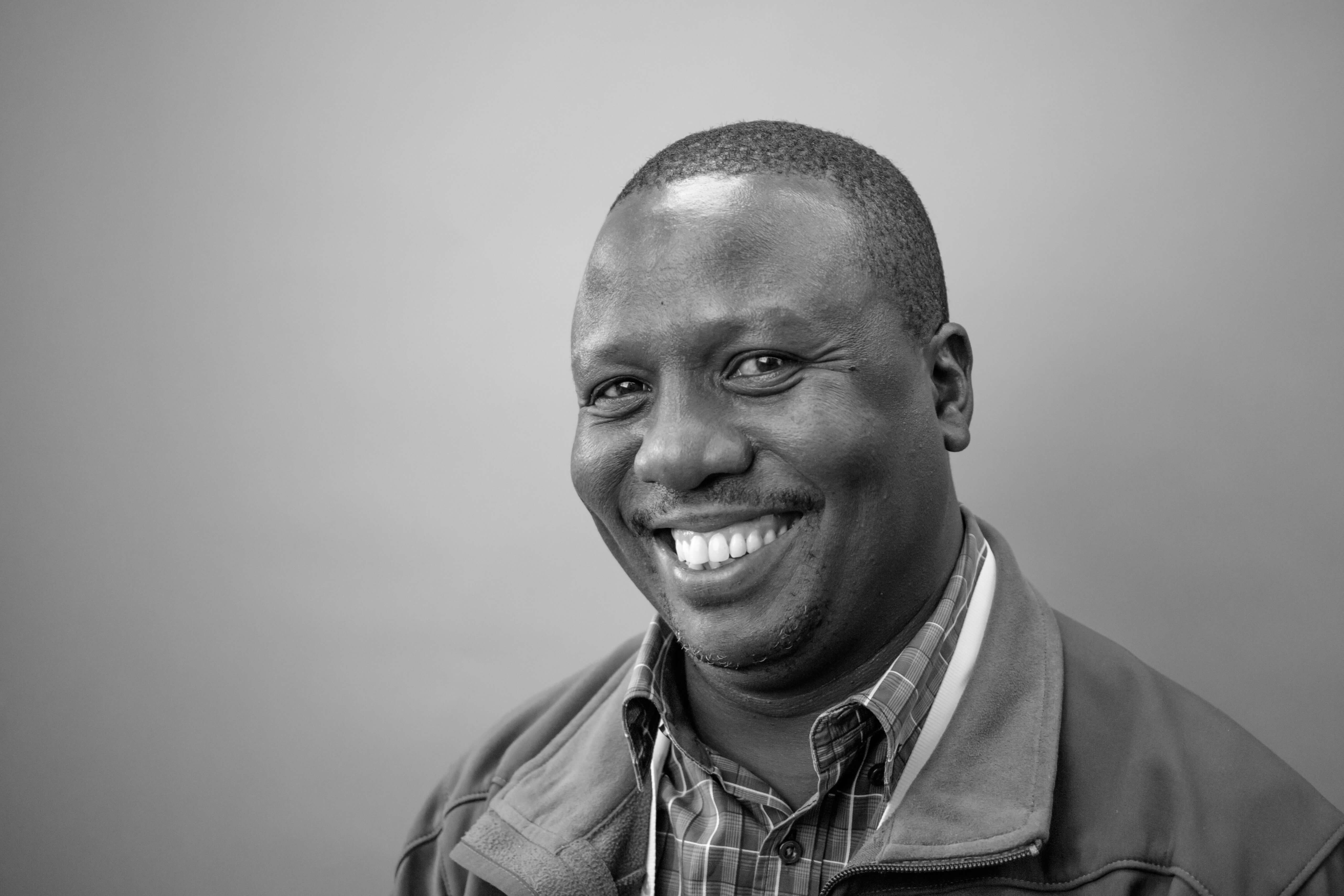Emily ConronGHTC
Emily is a senior US policy and advocacy officer with GHTC managing congressional outreach, policy development, and legislative analysis to support the US advocacy work of the coalition.

Faces of Innovation—a new GHTC project that features scientists on the front lines of research and development on new global health tools and technologies—profiles Dr. James Mutunga, who we met at the American Society of Tropical Medicine and Hygiene (ASTMH) Annual Conference, who does research on developing and testing new methods of controlling vector-borne diseases as well as pathogen surveillance in arthropod disease vectors at the US Army Medical Research Directorate-Africa in Kisumu, Kenya.
My Name: James Mutunga, PhD
Where I work: US Army Medical Research Directorate-Africa in Kisumu, Kenya
I’m funded by: US DoD
The views I express here are my own and do not and are not to be construed as official, or as reflecting true views of the Department of the Army or the Department of Defense.
My research: I work on surveillance for vectors—that is, arthropod disease vectors. I work in the Entomology lab in Kisumu. Under the surveillance program, we do collection of field samples of mosquitoes, ticks, mites, fleas, any arthropod that we can imagine, sandflies included—we bring them to the lab and we do pathogen testing to detect diseases that they may carry. We also do morphological and molecular identification of these vectors. Eventually, what we create is a heat map of potential pathogens in circulation and the areas they are circulating so we can advise on the areas that are high-risk and therefore give this information to the US Army for deployment purposes, and protection. The vectors we currently mostly target are mosquito vectors. These transmit malaria, dengue, Zika, chikungunya, and many other different diseases.
Motivation: A couple of years ago, I worked for a research institution that primarily researches on arthropod vectors called the International Center for Insect Physiology and Ecology, based in Nairobi, Kenya. And from there, my passion for mosquito research transitioned to what I undertook for my masters and my PhD. I undertook my PhD at Virginia Tech here in the US, and I worked on developing new carbamate molecules and testing them for malaria control. So that kind of invoked my passion, given that it is a disease [with] a broad burden [in] the world. That still is the focus of the work that I do, and I enjoy it.
Why federal support is critical: The work we do, and the many years that the US government has invested in vector-borne disease research and control, is commendable. We still do not want to relent. We are facing challenges in vector control. We are having problems [with] insecticide resistance, we are having problems of changing vector behavior, and therefore, the investment in terms of financial support for researchers in the US—and all over the world—is more than needed. We are having challenges with the issues of climate change and habitat change—places that never used to have disease transmission are actually now having active indigenous transmission and therefore there is a need to continue investing and ensuring that policies that are being made to support this research.
When I’m not in the lab: I spend time with family, friends. I like traveling, doing road trips. I also like charity work.